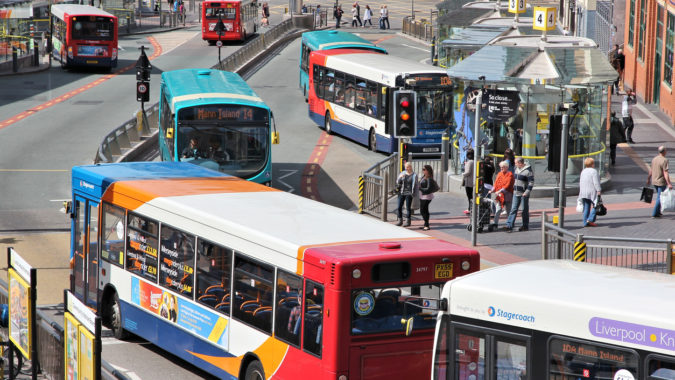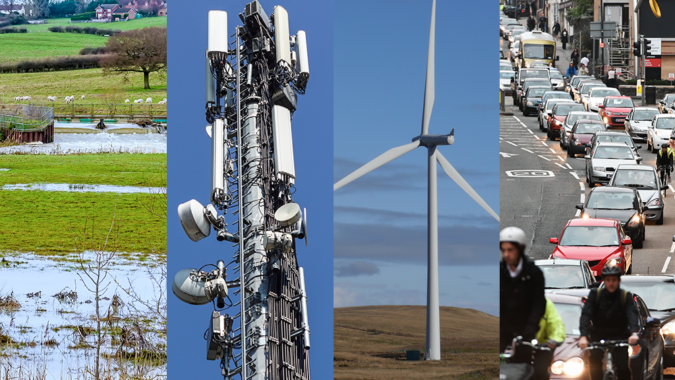The National Infrastructure Commission has two pivotal roles: to provide independent and evidence-based advice to Government on the best way to meet the country’s infrastructure needs; and to ensure that when those recommendations are accepted, they are implemented and delivered. Publication of the Smart Systems and Flexibility Plan represented a major milestone in the Government’s implementation of recommendations made in one of the Commission’s first studies, Smart Power.
This study represented an awful lot of work put together in a short space of time. Its purpose was to work out how the UK could integrate technologies such as storage, interconnection and demand flexibility to create a more flexible and cost-effective energy system.
As we move from large-scale, fossil-fuelled electricity generation plants to cleaner technologies such as renewables, we must also change the way we operate the energy system to ensure that we can fully exploit them. Innovations which add flexibility to the system mean that electricity supply and demand don’t always have to match in real time, essentially helping us accommodate the fact that the wind doesn’t blow when we might want to use electricity.
The Smart Power project looked at both the potential of these innovative technologies to bring costs down and the barriers which may prevent them being integrated at present. Through working with colleagues at Imperial College, we discovered that a more flexible system requires fewer power plants. These avoided construction costs, combined with other savings, can save a lot of money, up to £8 billion a year by 2030.
As well as commissioning research, the team spoke to a wide variety of stakeholders and read over 100 submissions to our call for evidence. This allowed us to come up with our recommendations for Government and the regulator, which were subsequently fully accepted – the Smart Systems and Flexibility Plan will be key to helping the UK become a world-leader in energy storage, breaking down barriers to innovation and competition within the market.
As these recommendations are acted upon, we hope to see some of the potential benefits being realised in practice. Changes such as more actively managed local electricity networks (which can accommodate more small generators), new ways for battery operators to combine different revenue streams and enabling more people to get paid for changing their consumption patterns will start becoming a reality.
But publication of the Smart Systems and Flexibility Plan also highlights a second role for the National Infrastructure Commission – holding the Government to account. Since these recommendations have been endorsed, they are official Government policy, and we continue to work with officials to help make them happen effectively and on time.
This is part of our wider work to hold Government to account: in June, we published a list of the 12 priority infrastructure decisions for Ministers – of which delivering plans for a smart energy system was one. And early next year, we plan to publish our first annual monitoring report. This will set out the Government’s progress in implementing the recommendations they have accepted from this study and from others, and to highlight where work is not proceeding as quickly as we would like.
This, and the forthcoming National Infrastructure Assessment, will help ensure the independent and evidence-based advice we provide is at the heart of Government decision- and policy-making.
Katie Black is Head of Transport, Energy and Digital Policy at the National Infrastructure Commission



